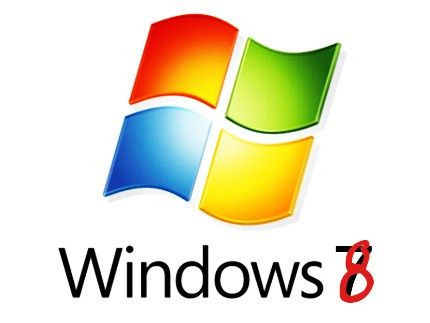The buzz around Windows 8 – A breakthrough or a dud?
The next level of Qualcomm and Intel with Windows 8

There has been a lot of controversy over the release of Windows 8. Will it succeed or be a flop?
When Microsoft released Vista, users weren't exactly pleased. Windows 7 was a fine upgrade, but Microsoft was still lagging as it was not touch friendly. That is, Windows 7 runs fine on computers with a keyboard and mouse, but the same ease of functionality on tablets and smartphones is lacking. The idea behind touch is that the user interfaces are designed with touch at the core, and typically work intuitively as you put your finger to the screen, according to Galen Gruman of InfoWorld.
While touch was being developed, What you get instead is the mapping of mouse functions to the touchscreen or trackpad, so that, in essence, your finger becomes a mouse. (Tapping your finger acts like clicking a mouse button.) There's nothing wrong with that approach, but you already have a mouse, so why switch to your finger? wrote Gruman.
The hype behind Windows 8 is that the Metro interface is a drastic change from applying the same user interface across devices. Furthermore, Microsoft isn't just trying to catch up to Apple's shadow.
In response to Steve Jobs regarding the iPad as a post-PC device, Aaron Holesgrove of OzTechNews.com writes, it was just a fancy way of saying that the iPad will never measure up to the sheer power, strength and versatility of the PC. Holesgrove also mentions, Windows 8 tablets aren't supposed to just be iPad clones, they are being designed to be docked and used like real computers too. Win8 tablets aren't competing with the iPad, they're competing with iPad + MacBook or iPad + iMac.
How far is Windows 8's reach?
According to CNET news, Qualcomm (leading designer of chips for phones, smartphones, and tablets) announced that Windows 8 devices will carry its dual-core Snapdragon processor and dual-core chips (in HP's upcoming TouchPad).
This will require high-performing, low-power processors...with features like 3G and 4G wireless wide area network (WWAN) connectivity, Qualcomm said in its Windows 8 statement June 1.
You will see some clamshell looking devices. Some of them will be convertible. Some of them will be just tablets. We're going to see a wide range of stuff going on. You're going to see some pretty cool stuff coming out this Christmas in terms of Android-based devices, Paul Jacobs, Qualcomm CEO said at a press conference.
To this new world that technology is moving into, whether you consider it post-PC or not, CNET news Brooke Crothers comments, many young people in the future may skip the traditional PC all together. They may grow up using a device that bears little resemblance to today's laptop.
Qualcomm's role in the phone industry is analogous to Intel's in the PC industry, according to Brooke Crothers for CNET news.
So for Windows 8 PC, Intel's next generation Haswell chip design, system-on-a-chip or SoC, is similar to the all-in-one chip design Qualcomm uses for phones, smartphones and tablets, and what Apple uses for its iPhone and iPad.
According to Crothers, That means Intel also subscribes to a very different kind of future PC design. And with Qualcomm, Microsoft, Google, and others like Nvidia behind this, Post-PC or not, the PC will look very different for a lot of people.
CNET news offers a rough idea of what a Windows 8 PC would consist of:
- A 2.5GHz quad-core ARM chip-based Windows 8 tablet?
- Newfangled Windows 8 tablet-centric hybrid with slider keyboard?
- Motorola Atrix smartphone-with-laptop-dock kind of device?
- Tried-and-true clamshell laptop sporting a high-performance ARM chip?
© Copyright IBTimes 2024. All rights reserved.




















